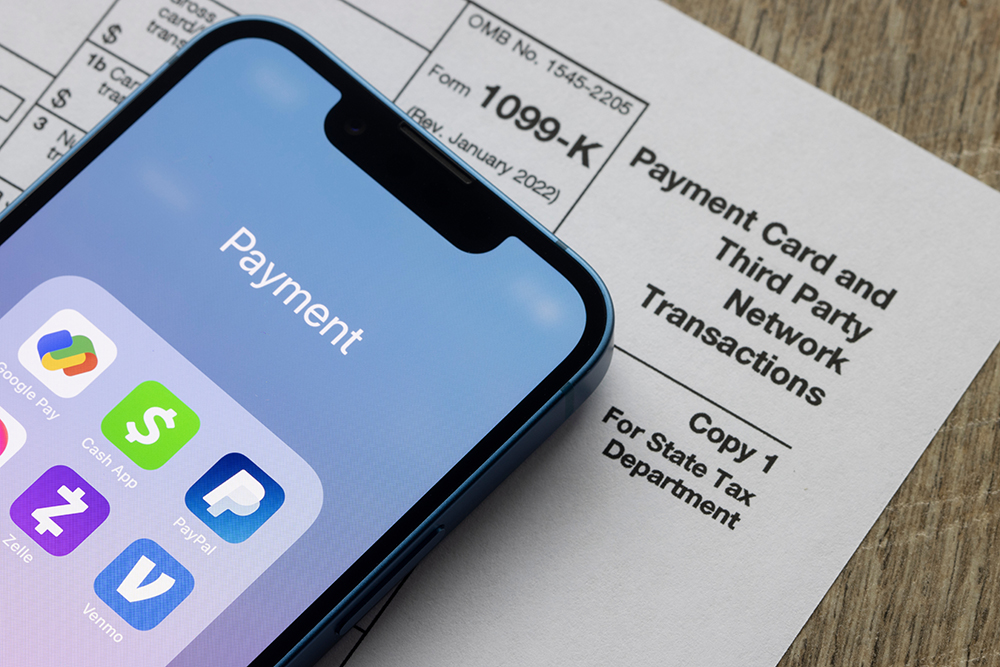SUBSCRIBE
Enter your Name and Email address to get
the newsletter delivered to your inbox.
Please include name of person that directed you to my online newsletter so I can thank them personally.
Robert A. Imparato, Jr CFP®
CERTIFIED FINANCIAL PLANNER™ professional
Craig A. Hyldahl CFP®
CERTIFIED FINANCIAL PLANNER™ professional
R.I.C.H. Planning Group, LLC
105 Fieldcrest Avenue, Suite #507
Edison, NJ 08837
Robert: 732-326-5240
Craig: 732-326-5241
Fax: 732-326-5331
Robert: robert@richplanninggroup.com
Craig: craig@richplanninggroup.com
Website: www.richplanninggroup.com

Being self-employed has its perks, but it also has its challenges. If you work from home or have a side business, you are responsible for keeping accurate records and paying your fair share of income taxes. The IRS wants to make sure of that, too, and Form 1099-K helps the IRS - and you - do just that.
A change in your business structure could affect the information on the 1099-K form, so verify that everything is correct.
Enter your Name and Email address to get
the newsletter delivered to your inbox.
Please include name of person that directed you to my online newsletter so I can thank them personally.
Enter your Name, Email Address and a short message. We'll respond to you as soon as possible.
Duly registered and licensed financial professionals offer securities through Equitable Advisors, LLC (NY, NY 212-314-4600), member FINRA,SIPC (Equitable Financial Advisors in MI & TN), offer investment advisory products and services through Equitable Advisors, LLC, an SEC-registered investment advisor, and offer annuity and insurance products through Equitable Network, LLC (Equitable Network Insurance Agency of Utah, LLC in UT; Equitable Network of Puerto Rico, Inc.). Equal Opportunity Employer - M/F/D/V. Equitable Advisors and its associates and affiliates do not provide tax, accounting, or legal advice or services.
R.I.C.H. Planning Group, LLC is not owned or operated by Equitable Advisors or Equitable Network. GE-6572038.1 (4/24)(Exp. 4/26)
CFP® and CERTIFIED FINANCIAL PLANNER™ are certification marks owned by the Certified Financial Planner Board of Standards, Inc.
These marks are awarded to individuals who successfully complete the CFP Board's initial and ongoing certification requirements.
R.I.C.H. Planning Group, LLC and LTM Marketing Solutions, LLC are unrelated companies. This publication was prepared for the publication’s provider by LTM Marketing Solutions, LLC, an unrelated third party. Articles are not written or produced by the named representative.
The information and opinions contained in this web site are obtained from sources believed to be reliable, but their accuracy cannot be guaranteed. The publishers assume no responsibility for errors and omissions or for any damages resulting from the use of the published information. This web site is published with the understanding that it does not render legal, accounting, financial, or other professional advice. Whole or partial reproduction of this web site is forbidden without the written permission of the publisher.